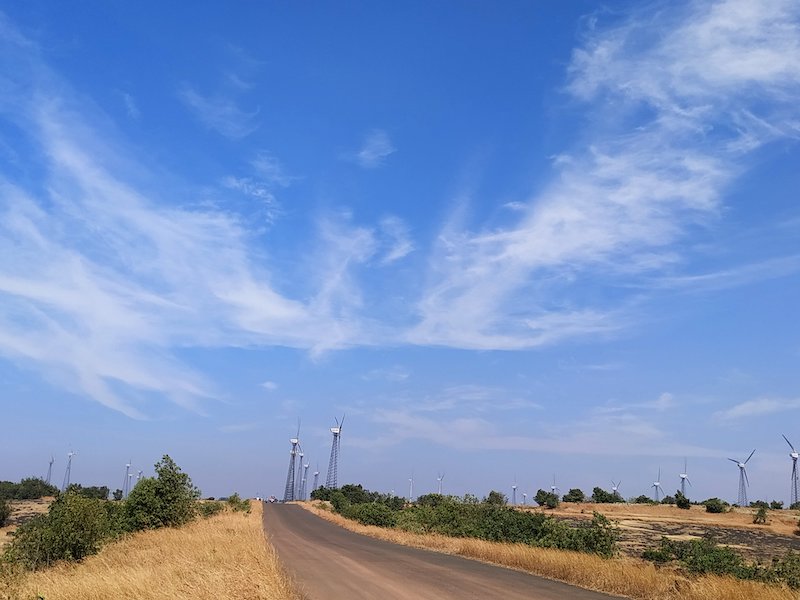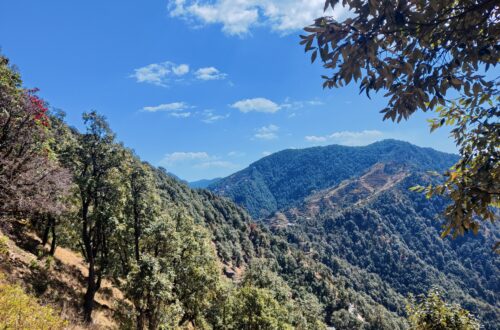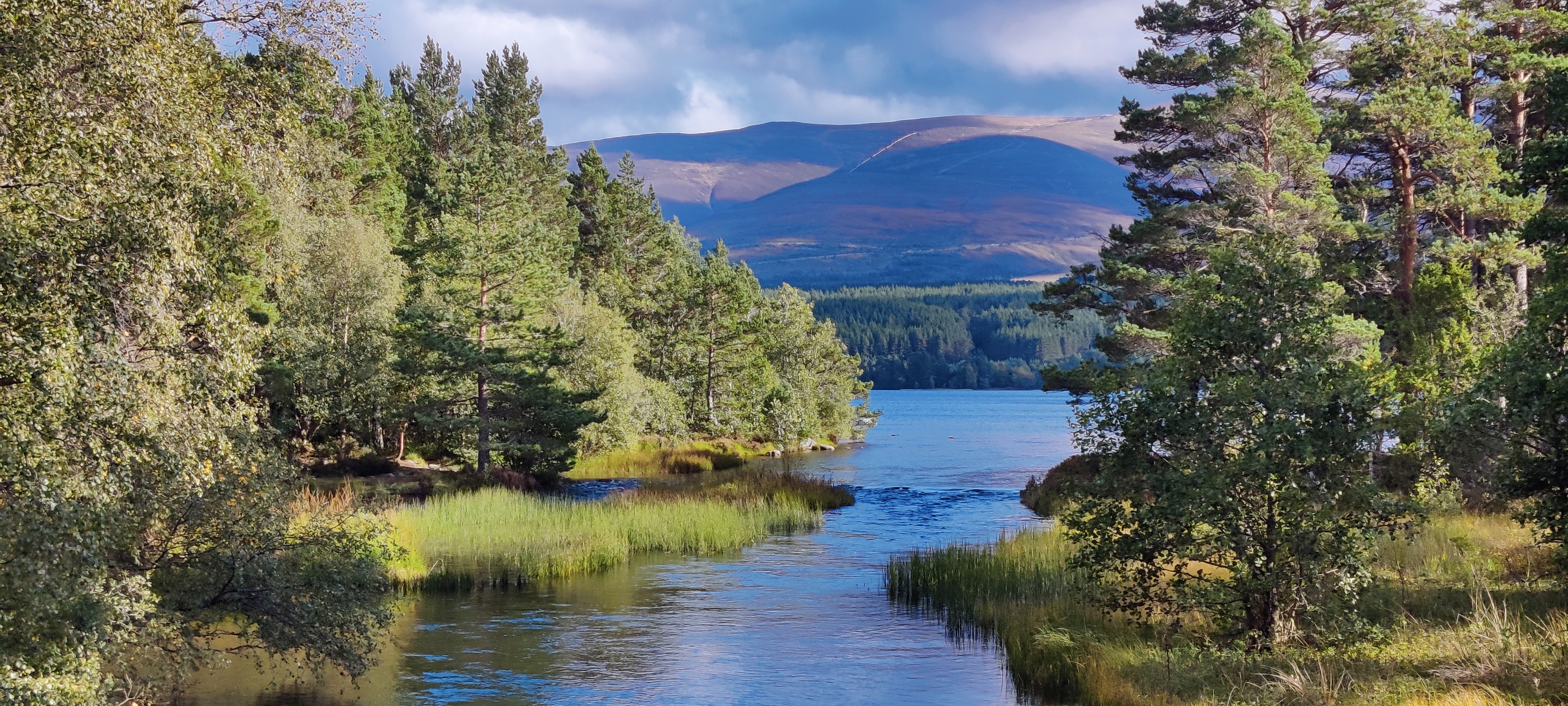‘Sir, do you think we are expensive or cheap?’
When Augustin asked this question, we thought it was a generic question about the cost of food, travel and stay. And we said it is neither, but reasonable and moderate.
We were on our seventh day of our trip to Meghalaya, and Augustin, our taxi driver and self-appointed guide, was leading us through a short trek to yet another stunning waterfall, the Prut falls.
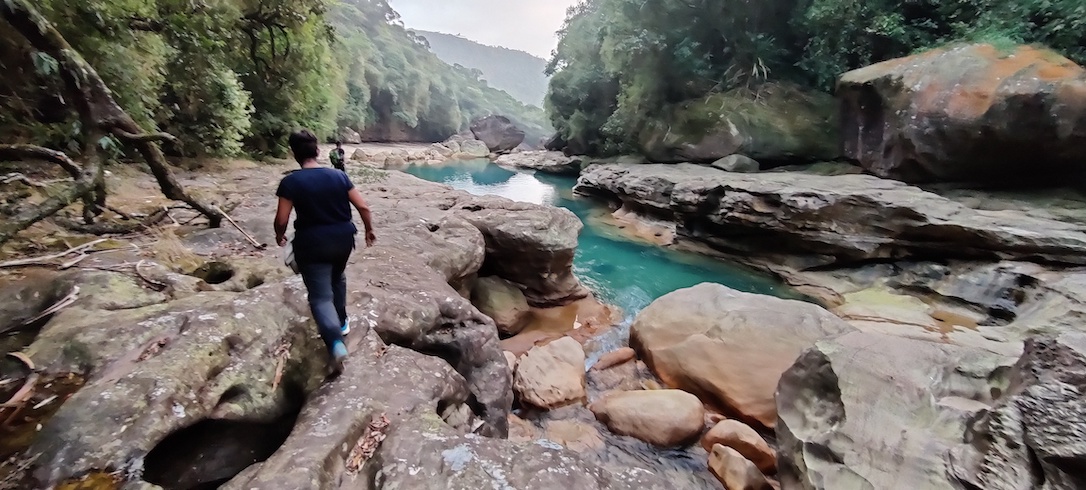
He then explained what he meant was about the entry fees to all these magnificent natural locations, which combines natural beauty and potential adventure. These fees ranged from Rs. 30/ to Rs. 50/ for different locations. All locations and access to the waterfalls are well-managed by the locals.
The essence of his question became clearer when he compared the Rs. 500/ entry fee to an artificial water park he has seen in Guwahati and the mere Rs. 50/ to these natural wonders.


This was a question we often had in our minds during our many travels. Are we undervaluing these things, which are becoming scarce while we really yearn for it.
By economists’ explanations, if there is a market for a product or service, then it has some value for the one who is paying (though value is subjective). The market will find its equilibrium on its own. With hordes of people travelling and seeking different experiences, there is no question on the market. Add to the many possible qualifiers for these experiences, spiritual, natural, mindfulness, slow, etc, it can be only more attractive.


Then, is the perceived value is less? Are we thinking it is natural, it is out there, accessible to everyone and should be priced only accordingly? And then it is ‘The Tragedy of the Commons’. The Tragedy of Commons was originally a concept by British economist William Lloyd in 1833, but became more famous a century later in 1968, through an essay by another economist Garret Hardin. The core argument being that “any resource that is freely available will be overused.” “The commons are the things that are shared communally – the fish in internal waters, or a forest that is shared between a community. And, according to Hardin, they are ripe for over-exploitation. People will act in their private interest, at the expense of the needs of the society – and the so the fish will go extinct, the forest will be chopped down.”*
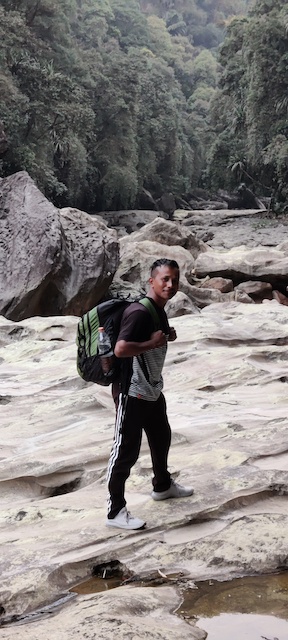
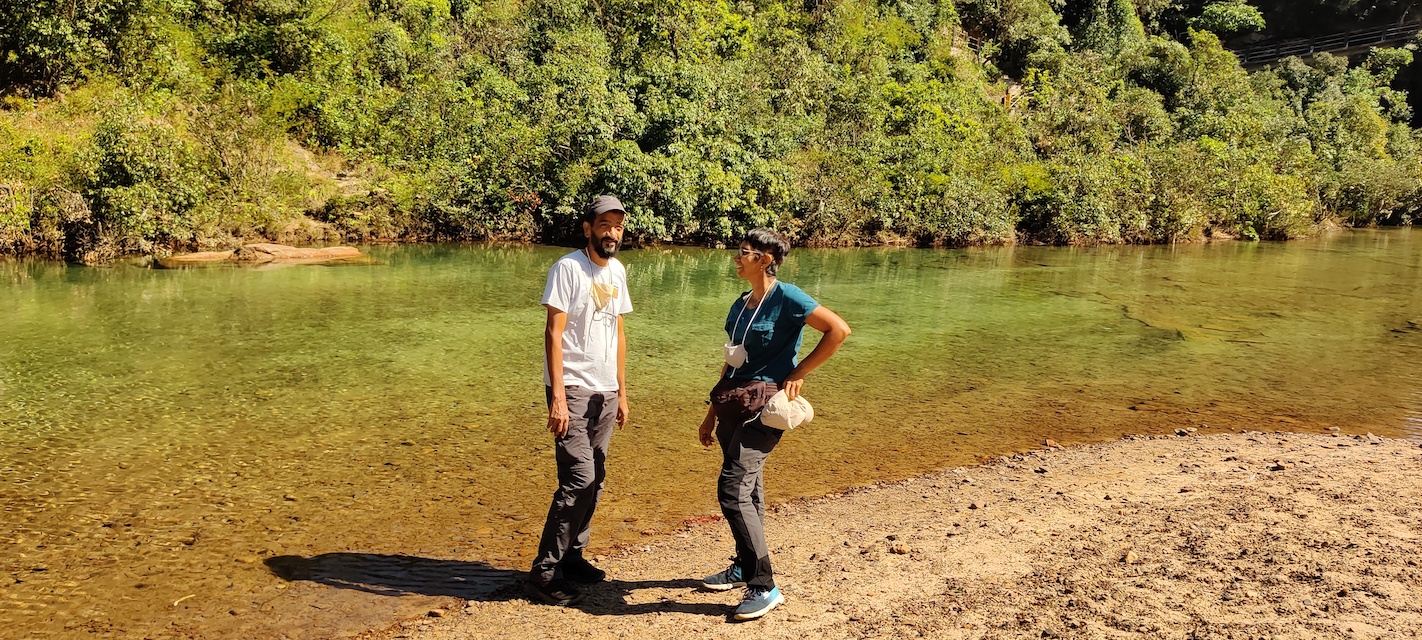
Defining the value of something is incredibly difficult. Is it economic or social? Can it be really separated? In the context of pricing, ‘value’ might tend to get defined as economical.
As a society, as we are increasingly recognising the complex and inter-dependent nature of eco-systems (and our reliance on it for fresh water and air) and the need for preserving it. The value is both social and economic. Another example we often thought about are wages/salaries paid and the facilities for forest staff in our country, considering how critical the resources they are guarding.
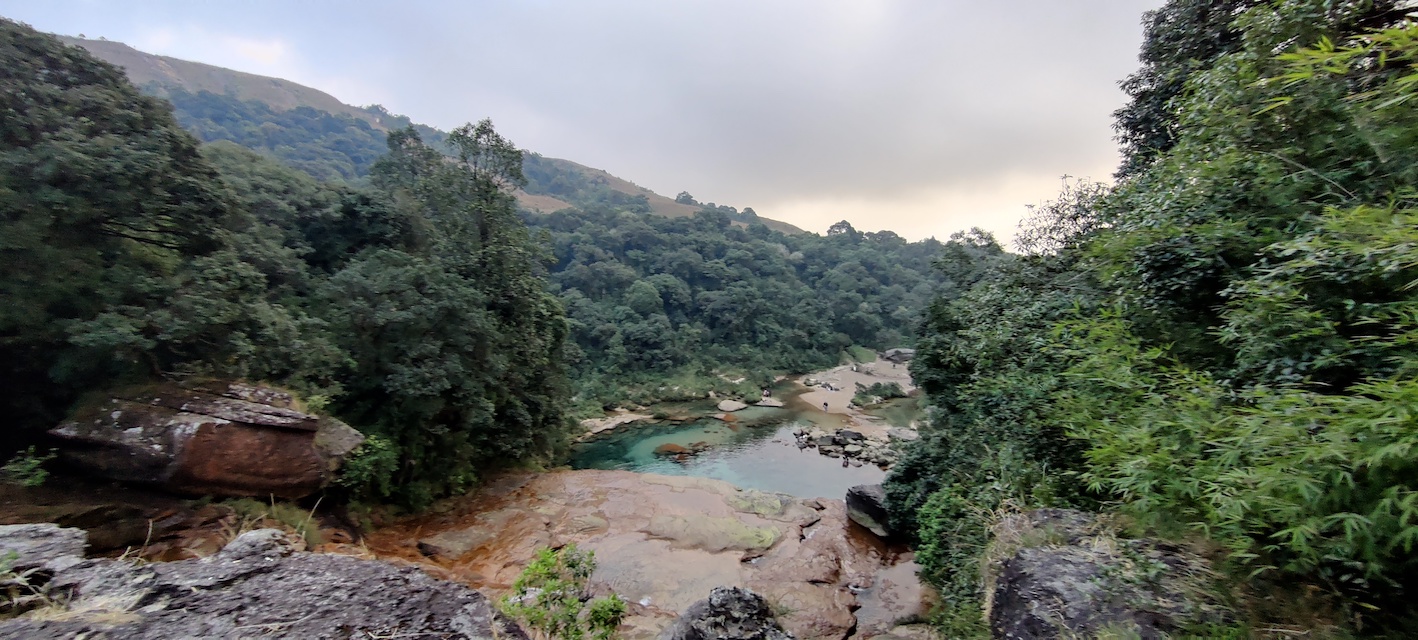
And if travel needs to help local economy, and at the same time conserving what is natural to them, the prices need to go up. Interestingly, there is a counter to ‘The Tragedy of Commons’ by a Nobel-price winning economist and Meghalaya itself has a successful model. More on it later.

Augustine was perceptive, as he himself raised the question that if prices go up, the locals’ access might get restricted. The solution he had in mind was differential pricing. A nominal price for the locals and higher price for the tourists. And that seemed absolutely fair.
So, how should these destinations be priced?
* Quote from the book ‘Exponential’ by Azeem Azhar.
Also read: The Nilgiris You Wouln’t Want to See
Other stories on Meghalaya

